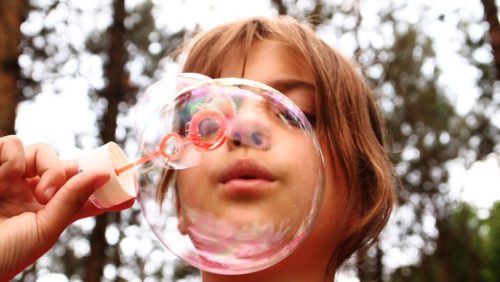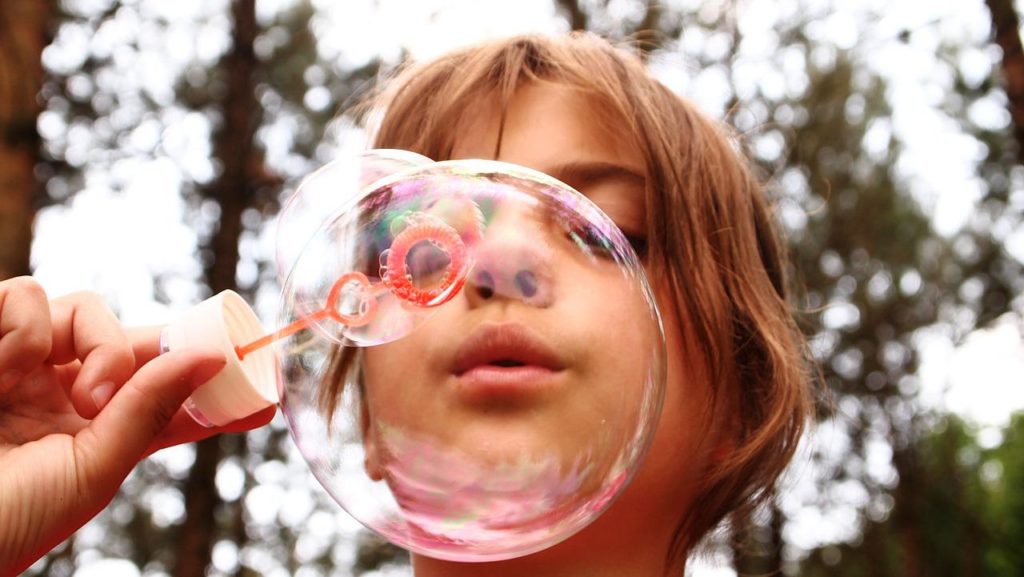The Three Phases of Relationships

Romantic relationships cycle through three common phases: connection, disconnection, and repair. A relationship might move through each of these phases over the course of a longer time-period, transitioning from a couple feeling “in love” (the connection phase) into more disagreements and power struggles (the disconnection phase). When couples aren’t able to consistently make up after arguments or ruptures and move into the third phase of repair, they begin to wonder if it’s worth it to stay together. At that point, they either remain stuck in the disconnection phase, break up, or they learn how to move more effectively through the repair phase back into connection.
We also often cycle through these three relationship phases many times with a single day. Each of these phases is normal. Each one reflects a part of the cycle of being in an imperfect, complex human relationship, the way high tides and low tides reflect the bigger, overarching cycles of planets and natural laws.
Clinging to Connection

Problems in relationships arise when we cling to the connection phase as if it were the only phase worth experiencing. Because connection often feels pleasurable and safe, at least for one partner, we may want to experience connection all the time. There can be a commonly held belief that to be in a successful, happy relationship we need to connect continually. This belief can lead us to focus all our energies, hopes, and fantasies on connecting with a partner. We dream of consistently happy times. We crave connection when it’s gone and think something is wrong when we’re in the disconnection phase. The ways we try to escape from periods of disconnection from our partner–like thrashing around in quicksand–may only prolong suffering.
Making Disconnection Worse

Problems arise when we make the disconnection phase worse and longer than it needs to be through a lack of understanding, bad habits, and excessive reactivity. In fact, disconnection is just as much a part of the relational cycle as connection is. It’s something that deserves our respect, appreciation, and attention. We don’t have to like it or enjoy it, but we can re-imagine our times of disconnection as times to go inward and be with ourselves. How can we simply respect disconnection as something that happens? How can we allow it to be a quieter time, a more sacred time in a relationship? As long as we get curious about it and refrain from piling all of our fears and judgments on top of it, moments and times of disconnection in a relationship can open us up and deepen our wisdom.
The Importance of Repair

Problems arise when we fail to focus on the importance of the repair phase. Learning how to repair effectively requires a joint effort. Couples benefit from putting in the time, effort and energy required to learn how to embrace and move through the repair phase after a disconnection with patience and skill. If we can’t do this, our moments of connection begin to fray. Disconnections can get more frequent and intense, causing us to shut down or become hypervigilant. It’s important to practice getting better at repairing with our partners. We need to take repair seriously and stop bypassing it, or looking for shortcuts. Repair is the lynchpin of the relational cycle. Focusing on it is essential if we want to authentically and reliably connect.
Picture this scenario: you didn’t sleep, you have a cold, you’re unemployed and have bills to pay, and you’re feeling overwhelmed. Your partner is excited about their promotion and has planned a dinner party at your home. By the time the guests begin arriving, all you want to do is sleep. Later, when everyone leaves, you fight with your partner about the evening and disconnect. Your partner blames you for being aloof, you blame them for being misatuned, and secretly, you both also blame yourselves for getting so reactive. The reality is, neither of you has intentionally done anything wrong. Scenarios like this one can be dealt with collaboratively, and perhaps even avoided through clearer communication, but some disconnection is always part of the cycle of a relationship.
Honor Disconnection

It’s worth thinking about ways to honor the reality of disconnection in your relationship. Can you stop your reflexive reactions during the disconnection phase and tolerate your feelings of loneliness or disappointment? Can you breathe through the disconnection, sit in stillness, and digest what’s going on within you? Can you refrain from blaming and shaming yourself or your partner? Think about ways to accept the reality of your disconnections, when they happen, and to use this time to go inward and reflect. You may want to journal about it or talk to a trusted friend or professional. Tend to yourself and to your own emotions. Get to know your history and your “inner narratives” better, especially as they relate to periods of disconnection from your partner. Use this time to invest a portion of your energy into practicing repair.
Getting familiar with all three phases of the relationship cycle will help you experience the challenges with less reactivity. And it will help you get better at riding the waves of your relationship, no matter which phase you’re in.







